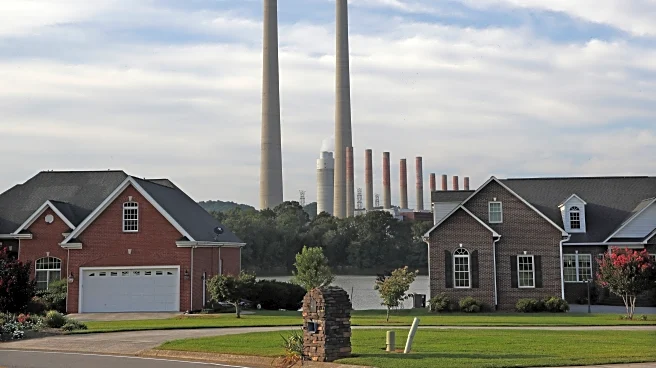What's Happening?
Sudan's Rapid Support Forces (RSF) have agreed to a U.S.-proposed humanitarian ceasefire following their capture of el-Fasher in Darfur. The RSF's siege of the city led to severe famine conditions, prompting
international backlash. The ceasefire aims to address humanitarian needs and facilitate aid delivery. Sudan's military-led government has yet to respond to the ceasefire proposal, with ongoing preparations for conflict against the RSF.
Why It's Important?
The RSF's agreement to a ceasefire is crucial for alleviating the humanitarian crisis in Darfur, where millions face acute food shortages. The ceasefire could pave the way for peace talks and a transition to civilian rule, potentially stabilizing the region. However, the government's reluctance to engage in dialogue may hinder progress, prolonging the conflict and humanitarian suffering.
What's Next?
The international community will monitor the ceasefire's implementation and push for broader peace negotiations. Humanitarian organizations may increase efforts to deliver aid to affected areas. The Sudanese government may face pressure to dismantle the RSF and hold its leaders accountable, impacting future political dynamics.
Beyond the Headlines
The ceasefire highlights the complex interplay between military power and humanitarian needs in conflict zones. It underscores the role of international diplomacy in resolving civil wars and the challenges of achieving lasting peace. The situation in Sudan may influence global perceptions of conflict resolution and humanitarian intervention.











